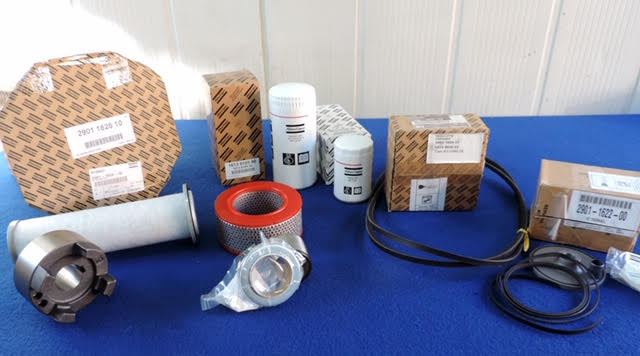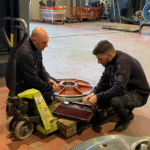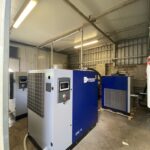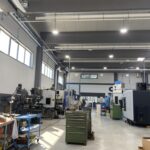How to choose the right compressed air filter

November 3, 2023
Choosing the right compressed air filter is crucial for maintaining the efficiency and longevity of compressed air systems. Below are key points and steps to consider when selecting a compressed air filter for your needs.
Understanding the Importance of Filtration in Compressed Air Systems
Why is Filtration Crucial?
- Quality Assurance: Compressed air can contain a variety of contaminants such as dust, pollen, aerosols, and oil vapors. These can lower the quality of the air and potentially harm end users and products.
- System Protection: Filters protect the system from contaminants that can cause wear and damage, leading to downtimes and costly repairs.
- Regulatory Compliance: Certain industries have stringent air quality standards which can only be met with effective filtration.
Identifying Your Filtration Needs
Evaluate the Application: The type of filtration needed largely depends on the application the compressed air is used for. Each application may require a different level of filtration.
Types of Contaminants:
- Dust: Comes from environmental air and can include pollen and corrosion particles.
- Aerosols: Typically liquid droplets, like those from lubricated compressors.
- Oil Vapors: Common with lubricated compressors and need to be removed for air quality.
Choosing the Right Filter Type
For Particulates:
- Use filters designed for dry particulates that capture contaminants through inertial impact, interception, or diffusion.
- Filters with a rating of 1 or 0.01 microns are usually sufficient for applications like pneumatic tools.
For Aerosols and Vapors:
- Coalescing Filters: Best for dust and aerosols but less effective for vapors. They combine small droplets into larger ones which then fall away from the air stream.
- Adsorption Filters: Use chemical bonds to remove vapors, typically using activated carbon due to its high adsorptive capacity.
Considering Filter Grades
- General-Purpose Filters: Remove particulates and water.
- High-Efficiency Filters: Capture finer particles and are used for more critical applications.
- Activated Carbon Filters: Specifically target oil and odor removal.
Implementing the Filtration System
- Install filters at appropriate points, such as after compressors and before critical applications.
- Ensure proper maintenance and regular replacement of filters to maintain air quality.
Conclusion
The right filter ensures that your compressed air system operates efficiently, with minimal contamination. It protects both the system and the end products from damage and contamination. Knowing the contaminants and understanding the specific requirements of your application are key to choosing the most suitable filter. Always consult with a specialist or a reputable supplier, like RIEM ITALY, to ensure you are selecting the best option for your needs.





